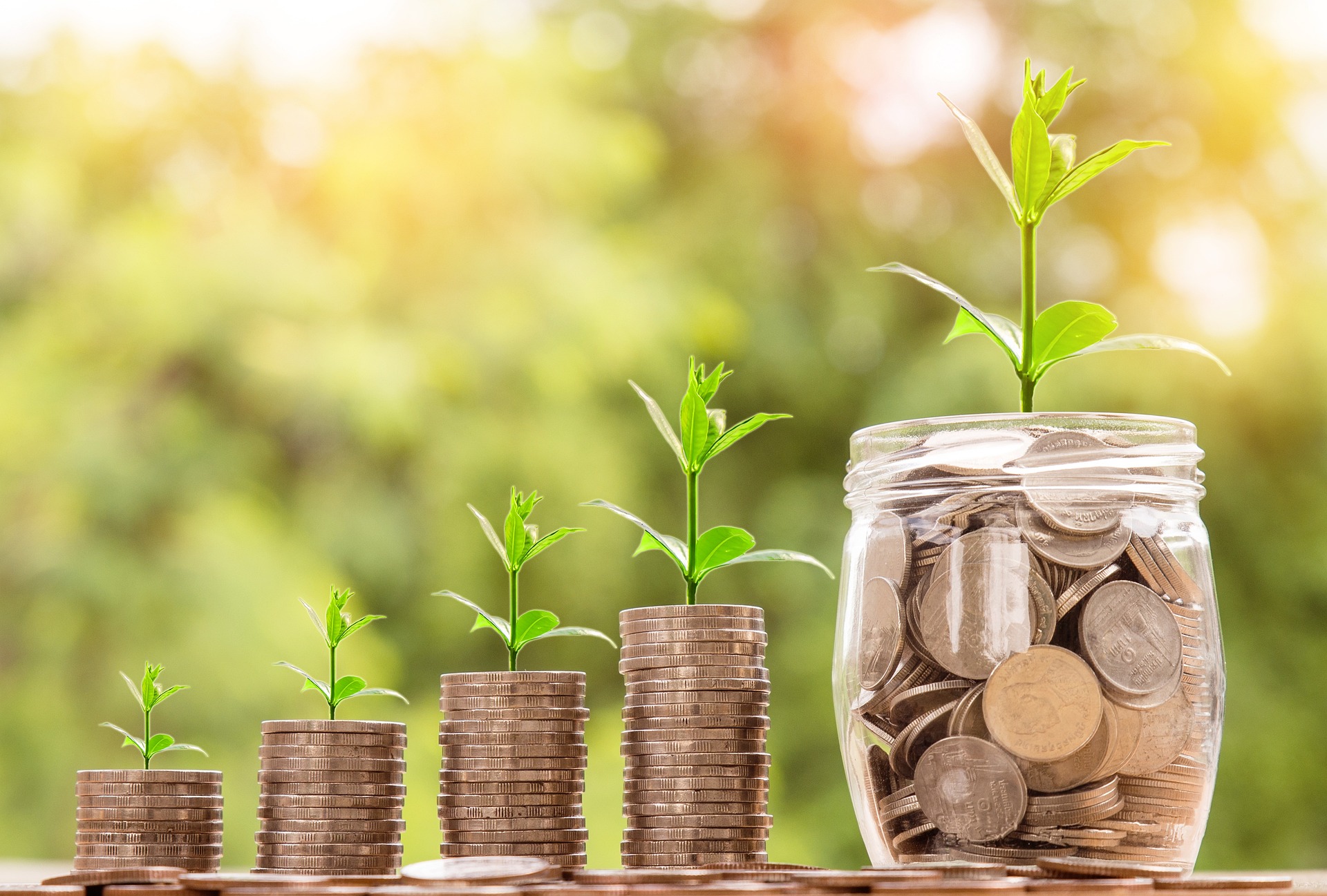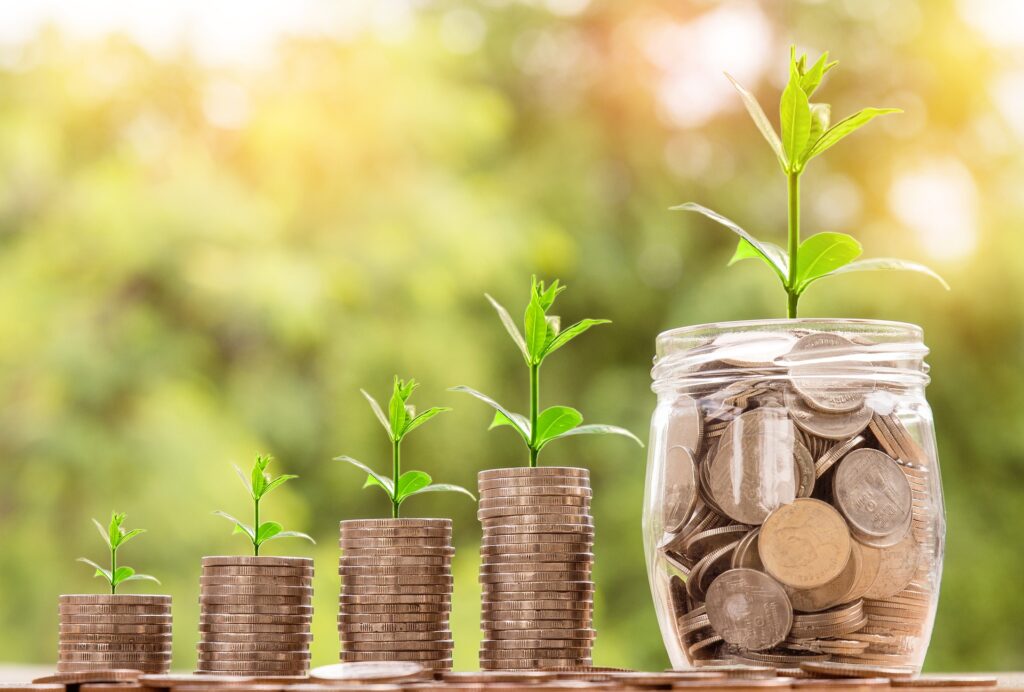
Image: Pixabay
Recently, Brazil received good news in the economy, such as the fall of the dollar, reduction in future interest rates, good results on the stock market, GDP growth and low unemployment rate. A FECAP professor believes that the country should take advantage of these favorable conditions, with expectations of a drop in interest rates, a devaluation of the dollar and a resumption of growth.
Ahmed Sameer El Khatib has a PhD in Business Administration, a Master's degree in Accounting and Actuarial Sciences from PUC/SP and a degree in Accounting Sciences from USP. He believes that, at the beginning of the year, the market was pessimistic and exaggeratedly concerned about the prospects for the Brazilian economy under a new government led by Lula. However, the government's response with fiscal measures positively surprised everyone and contributed to this improvement in the economy.
{module Form RD}
“At the beginning of the year there was a certain exaggerated and widespread market pessimism regarding the prospects of the Brazilian economy under a new Lula government. The response with the fiscal framework surprised everyone positively and explains part of this improvement in the economy”, says El Khatib
According to the professor, the appreciation of the real in relation to the dollar is influenced by the perception of reduced fiscal risk, the global inflation slowdown and a possible pause in monetary tightening in the United States. The high Selic rate has attracted foreign capital, which increases the supply of dollars and reduces their exchange rate in relation to the real. However, future cuts in the Selic rate could result in capital flight and appreciation of the dollar, increasing its price.
The drop in commodity prices and the policy of increasing the Selic rate have contributed to controlling inflation, according to Ahmed. The growth of the economy in the first quarter, driven by the agricultural sector, also improved expectations for this year's GDP. However, Ahmed highlights the importance of being realistic in the face of these improvements. “Interest rates and inflation in industrialized countries continue to rise. A crisis abroad could impact Brazil's growth and our current economic euphoria could become just a momentary breeze”, he adds.
According to Ahmed, the main historical challenge facing the Brazilian economy is the country's high public debt. This raises concerns about the government's ability to meet its commitments, raising interest rates and generating inflation expectations. This compromises the economic environment, harming growth, income and employment prospects.
Source: Leonardo Gottems | agrolink











